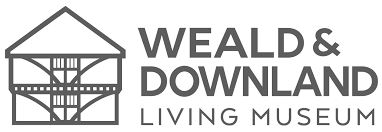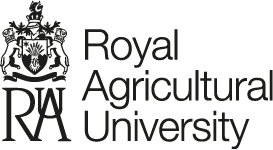Farming and Livestock Interpretation Assistant
| Location | Chichester, West Sussex, United Kingdom |
| Date Posted | 23/02/2025 |
| Category |
Agriculture
Culture and Heritage |
| Job Type |
Part-Time Vacancies
|
| Closing Date | Apply ASAP |
Description

How to Apply
We are an award winning, internationally recognised Living Museum with 50 historic buildings and gardens over a 40-acre site situated within the South Downs National Park.
Extraordinary buildings, fascinating artefacts, glorious surroundings and friendly, dedicated people – the Weald & Downland Living Museum is a unique and incredibly rewarding place to work.
The Museum runs a year-round programme of rural life interpretation, based on our collections, including over 50 Historic buildings rescued from across the Weald & Downland region in Southeast England. The farming year is interpreted through practical farm work using our team of working horses led by the Museum Farming & Livestock Interpreter covering the seasonal cycle from ploughing through to threshing.
What the role involves
- You will be involved with all aspects of livestock and poultry care at the Museum as directed by our Farming & Livestock Interpreter. Our animals currently include four Percheron horses, a small flock of Southdown sheep, ducks, hens, and a stables cat with plans for pigs and cattle over the next few years.
- You will be expected to feed, handle, and muck out the animals.
- Help to maintain the tidy appearance of stables and farming areas.
- Assist our Farming & Livestock Interpreter in other farming aspects of our Museum Interpretation including harvesting, threshing, lambing and other seasonal farming activities.
- Regular brush cutting and strimming work will be required in the farming paddocks as directed – no heavy machinery used.
- Prioritise engagement with our visitors throughout your working day to interpret horse-powered farming processes from the Victorian and Edwardian eras in Southeast England, while making links with contemporary farming issues.
For full details and to apply please click here.
